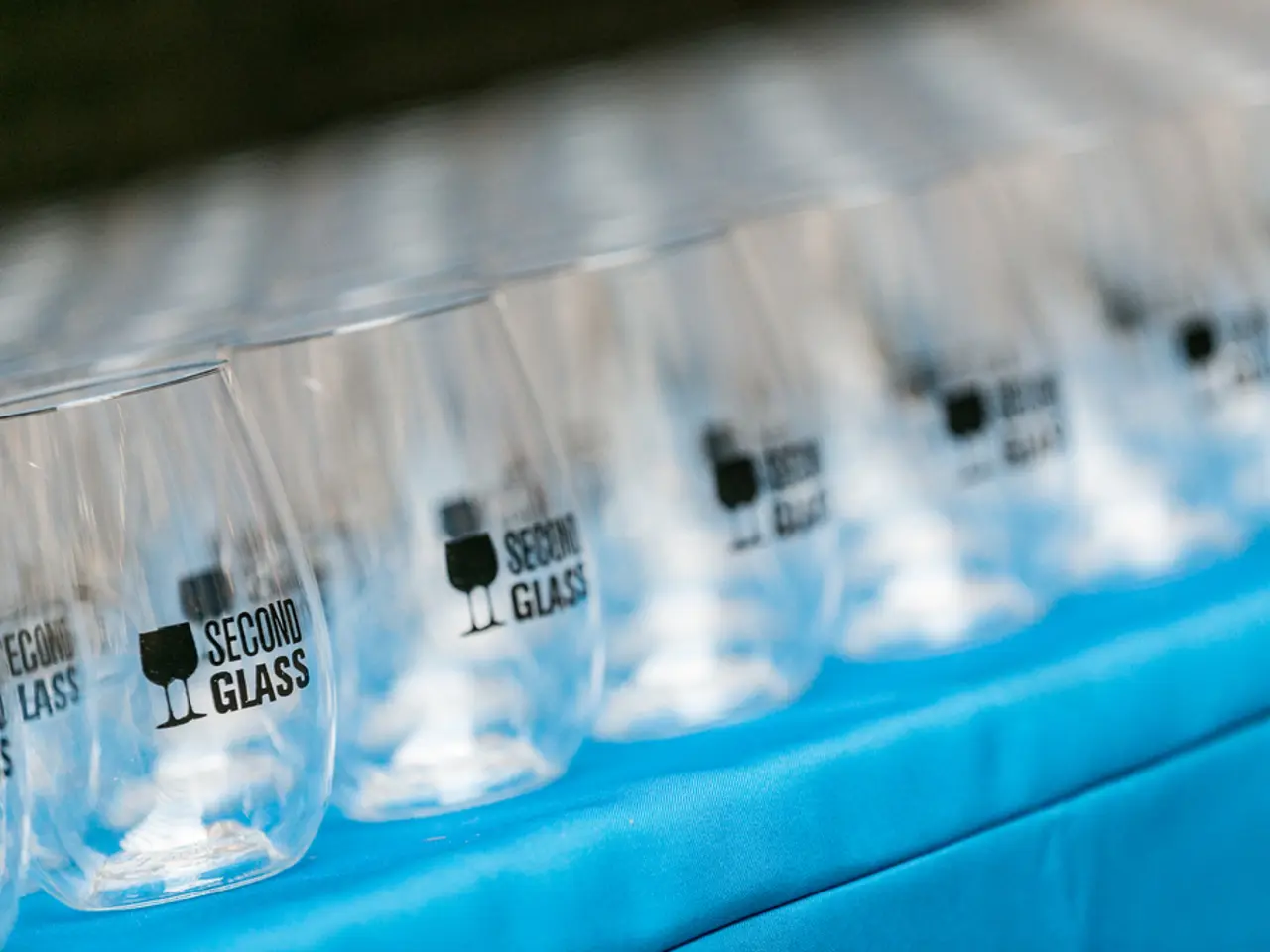Types, costs, and efficacy of glasses for macular degeneration examination
For individuals living with age-related macular degeneration (AMD), specialized glasses can make a significant difference in their daily lives. These glasses, which include yellow or rose-colored lenses, magnifying glasses, high-contrast lenses, and more, are designed to improve vision by enhancing contrast, reducing glare, and making details easier to see.
Yellow or rose-colored lenses are particularly beneficial as they enhance contrast by increasing the distinction between light and dark areas. This feature is particularly useful in low light or cloudy conditions, making everyday tasks like reading or recognizing faces easier.
Magnifying glasses and telescopic lenses are another option for those with AMD. These aids enlarge text or objects, compensating for the central vision loss caused by macular damage. High-contrast lenses, on the other hand, improve the ability to distinguish edges and textures, a crucial aspect since AMD reduces central visual clarity.
Polarized sunglasses are also recommended for AMD sufferers. These glasses reduce glare reflected from surfaces like water or roads, improving visual comfort and clarity outdoors. Moreover, glasses that block UV rays fully are essential to protect the retina from further damage, as UV light exposure may worsen AMD.
Optometrists often recommend these glasses as part of a broader AMD management plan, which could also include nutritional supplements, lifestyle modifications, and medical treatments depending on disease severity.
In addition to these glasses, anti-glare filters can help shield the eyes from additional vision problems caused by glare. It's also important to note that macular degeneration is a condition that causes vision loss in the central part of the vision. Wet AMD, a more severe form of the disease, occurs due to the growth of abnormal blood vessels in the eye and results in more rapid vision loss.
Bifocal glasses may also be beneficial, as they help improve distance and near vision by splitting the lenses horizontally into different sections. Furthermore, people with AMD may find their eyes more sensitive to light, and bright, visible light may increase the risk of AMD. Wearing gray or brown tinted sunglasses can help protect the eyes against blue light.
For those seeking vision aids, the American Macular Degeneration Foundation provides a list of contacts. It's crucial to consult with a healthcare professional or optometrist to determine the best glasses for individual needs and to ensure they provide the necessary protection against AMD progression.
Yellow or rose-colored lenses are especially beneficial for people with macular degeneration, as they enhance contrast and make it easier to see details in low light or cloudy conditions.
Magnifying glasses and telescopic lenses can help compensate for central vision loss caused by macular damage, by enlarging text or objects.
High-contrast lenses can improve the ability to distinguish edges and textures for those with AMD, which is crucial since the condition reduces central visual clarity.
Polarized sunglasses can reduce glare reflected from surfaces like water or roads, improving visual comfort and clarity outdoors, and also blocking UV rays that may cause further damage to the retina.
For severe cases of macular degeneration, known as wet AMD, bifocal glasses might be beneficial to improve both distance and near vision. Additionally, wearing gray or brown tinted sunglasses can help protect the eyes against blue light, which may increase the risk of AMD.




